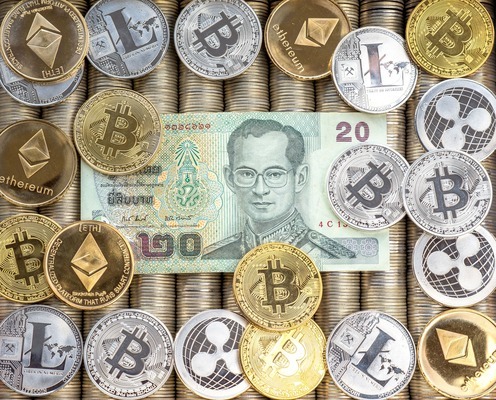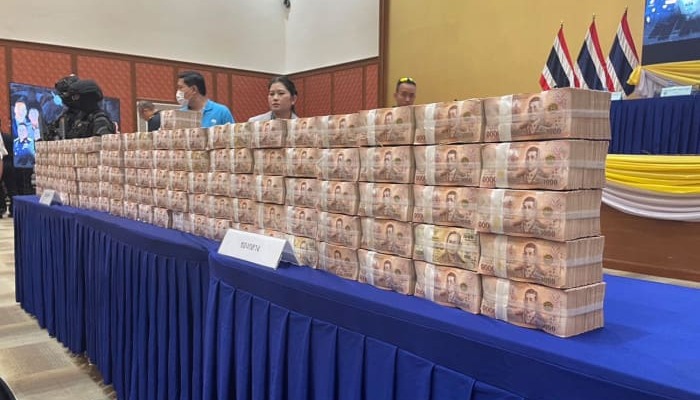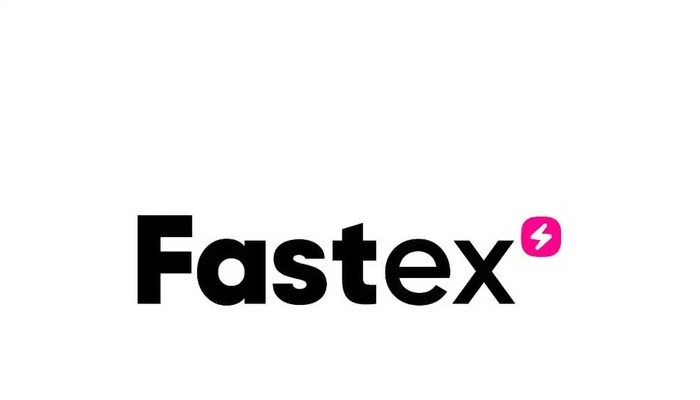
Singapore and Thailand introduce new regulations and bans to crypto firms
The two neighboring ASEAN countries have introduced new policies this Monday that limit offering lending and staking services to crypto users. More policies are seen in the future.
Original story by Monika Ghosh for Cryptoslate
In Singapore, the Monetary Authority of Singapore (MAS), the principal financial regulatory body of the city-state, and also its central bank, has banned crypto exchanges / digital payment token service providers (DPTs) from providing lending or staking services to users.
The ban comes after MAS recently issued new guidelines for the protection of crypto investors. MAS, through more consultations with the public, is also pursuant to propose more requirements for DPTs to address unfair trading practices.
Staking, in the context of crypto, is when a user locks crypto assets for a period of time to help a blockchain continue operations. Crypto ‘stakers’ could earn more in this method. They can also set up a separate crypto wallet for the express purpose of staking.
Forbes cites the best crypto staking platforms of the year in this story.
Crypto exchanges disclose how much can be earned for staking rewards. The exchange will then return your crypto with the added staking reward, usually in the form of an interest.
Lending in the context of crypto is as straightforward as lending actual money. Users deposit crypto and lend it out to borrowers in return for payments with interest.
“MAS reminds the public that regulations alone cannot protect consumers from all losses, given the extremely high risk and speculative nature of DPT trading. Consumers must continue to exercise utmost caution when trading in DPTs as they may lose their assets,” one of the MAS guidelines explains.
“While the segregation and custody requirements will minimise the risk of loss of customers’ assets, consumers may still face significant delays in recovering their assets in the event of insolvency of the service providers,” the document furthered.
Increased transparency in Thailand
The Thai Securities and Exchange Commission, on the other hand, has compelled crypto exchanges to be more transparent through issuing risk warking disclosures. The new directive also imposes prohibitions against certain services.
“…cryptocurrency trading center operators, brokers, and traders, must disclose a warning about potential risks associated with trading cryptocurrencies; with the following message: ‘Cryptocurrencies are high risk. Please study and understand the risks of cryptocurrencies thoroughly, as you may lose the entire investment amount.’ The warning message must be clearly visible,” the SEC guideline explains.
Staking was likewise targeted by the new regulation and has been prohibited unless the staking activity is considered promotional in nature. However, exchanges cannot advertise to participate in staking activities.
Except for some exceptions, DPTs / crypto exchanges are prohibited to provide deposit taking and lending services.
Other Interesting:
NEAR Foundation partners with Alibaba cloud to broaden Web3 prospects in Asia
See other website:
Oriental Game | B2B White Label Solution & API Provider
Other Interesting Articles
 Korea passes first-of-its-kind crypto bill
Korea passes first-of-its-kind crypto billJul 4, 2023











